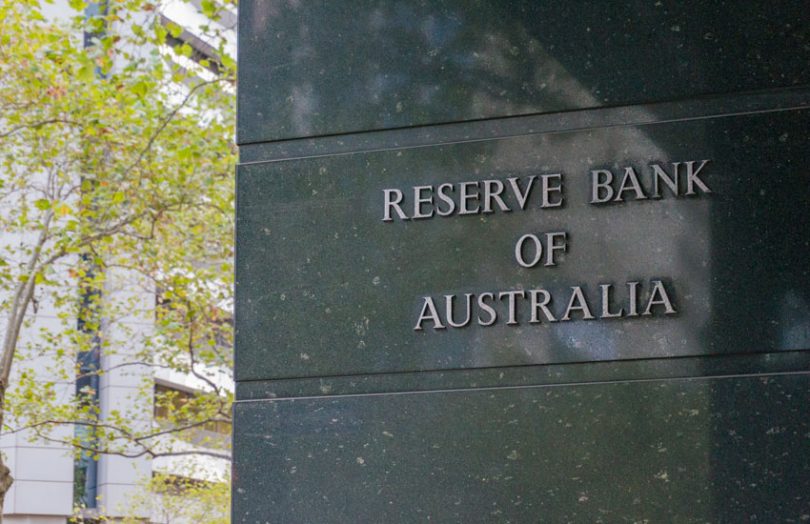The Reserve Bank of Australia (RBA) has run a proof of concept for a wholesale Central Bank Digital Currency (CBDC). Its experiments were run on a private permissioned version of Ethereum, and the bank plans to extend its exploration this year.
The RBA’s Innovation Lab simulated the issuance of CBDC tokens to commercial banks, including the banks exchanging the tokens and redemption by the central bank.
In a December 2019 paper submitted to the Senate Select Committee on Financial Technology, the RBA stated it did not envisage a retail CBDC. It gave the argument that in a crisis, a CBDC may be used as a substitute for commercial bank deposits which could de-stabilize the financial system. Not mentioned was recent research looking at discouraging the use of a CBDC as a store of value.
Instead, it has a greater focus on a wholesale digital currency limited to the financial sector. The RBA fell short of outlining any plans for such a CBDC and said it was unclear whether there was demand. It cited recent research amongst the Australian fintech industry that ranked ‘a government-supported digital sovereign currency’ as least effective amongst 14 policy options.
This institutional digital currency could be used in specialized payment and settlement systems, especially those relating to financial markets. One of the key attractive features is instant settlement between participants 24/7.
Another benefit is atomic transactions or delivery versus payment. This means that cash and an asset, perhaps a stock, are settled instantly, as opposed to waiting for funds to clear. Not mentioned by the RBA is that the Australian Stock Exchange (ASX) is enabling DvP in its new DLT-based CHESS system. But some market players are not keen, citing the optimized efficiencies of existing netting systems.
The third benefit cited is programmable money or the ability to attach conditions to how money can be spent or transferred. It’s notable that Australia was one of the first to experiment in a non-CBDC context trialling “smart money” for disability payments.
The RBA is the latest to join a long list of central banks experimenting with digital currencies. Yesterday the former head of the U.S. CFTC set up a think tank to explore a digital dollar or CDBC. The Federal Reserve is not as keen. Europe is ramping up its research, as is Sweden. And China is getting closer to launch.






